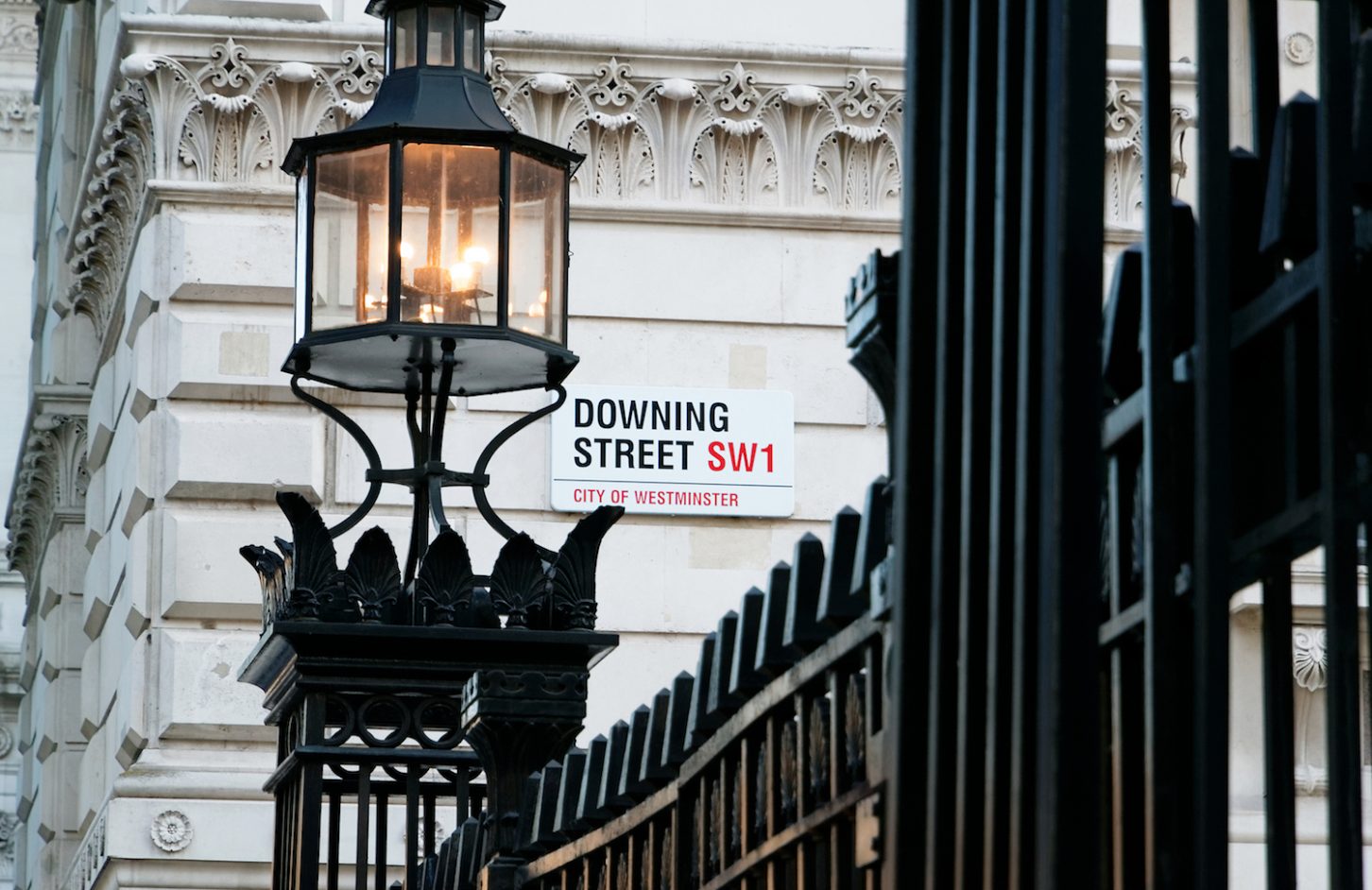Philip Hammond, the chancellor of the exchequer, has announced the launch of the government’s £1.9bn National Cybersecurity Programme, a package to boost the country’s defence against increasing online threats.
As part of the initiative, the government will seek to improve automated defences to safeguard citizens and businesses, support the cybersecurity sector and to stop attacks from online criminals.
Although Hammond promised support from the government he insisted that business leaders should ensure their companies were secure against emerging and existing threats.
Tech City News has spoken to members of the UK’s tech community, many of whom echoed Hammond’s comments and called for greater engagement from the private sector.
Here’s what they had to say.
A robust response

Julian David, CEO of techUK, said that although the UK has some of the best cybersecurity capabilities in the world, there was no room for complacency given the evolving cyber threats.
“This new strategy is a robust and comprehensive response from the government to the growing cyber threats that we face. It is now time for businesses across the country to step up and play their part in keeping their businesses and the UK as a whole secure,” he added.
Leading the way

Richard Horne, cybersecurity partner at PwC, also spoke about the news, saying the UK government was clearly leading the way with the cyber initiatives it was putting in place but called for more action amongst business owners.
“The government cannot protect the UK alone. Businesses must understand the cyber threat their organisation faces and take strong protective action themselves.
“It’s not just about having more budget to buy more technology to patch cybersecurity holes. UK organisations need to take a more strategic approach to how they spend their increased budgets to start to see a real uptick in security posture.
“Getting cybersecurity right means changing an organisation to be securable and that requires all aspects of a business to be engaged – from tough decisions at a board level, to the consideration of cyber risk in all decision-making processes.
“Only when UK organisations mirror the level of government initiative and strategic investment will the UK be a secure place in today’s digital world,” he concluded.
A welcome initiative

Sonia Blizzard, managing director of Beaming, which offers broadband, voice, data and other IT services to businesses, also welcomed the news. Similarly to Horne, however, she encouraged the private sector to take note of the government’s actions.
“[The government’s] commitment to fight cybercrime is good news but it doesn’t guarantee our safety. It is a work in progress and the private sector needs to take responsibility here.”
Blizzard went on to say that it was important for businesses to not get a false sense of security whilst highlighting the need for greater clarity around the reporting of cybercrime.
“The onus is on businesses to protect themselves. The biggest threat of all is human and all employees are responsible for data security, not just the IT department. Employees clicking on compromised links are a common cause of problems and ransomware is so sophisticated now that this can cause real issues very quickly,” she added.
A boardroom issue

Christine Andrews, managing director of data governance, risk and compliance consultancy DQM GRC, said: “Whilst we welcome any boost in spending by the UK government to improve cybersecurity, unfortunately real progress will only occur when the organisations themselves start taking data governance seriously and consider cybersecurity as a boardroom issue – not a problem that can be resolved in a backroom department.”
The government’s assistance, she added, was a step in the right direction but noted that it was vital for organisations to engage staff members in training programmes to ensure they were aware of how to manage data in secure way.
“The most common and destructive mistakes are often due to human error – not state-sponsored, powerful cyberattacks. For example, even the simple loss or theft of a USB stick or laptop containing personal information about the business could seriously damage your organisation’s reputation, as well as lead to severe financial penalties,” concluded the managing director.
Disruptive

Gary Stewart, director of Wayra UK, which has partnered with the government, GCHQ and the Department for Culture, Media and Sport to launch a cybersecurity accelerator, praised the initiative: “Most countries in the world are worried about cyber attacks – just take a look at the importance they’re playing in the US elections.
But to the best of my knowledge, none are actually willing to open themselves up and work with present and future entrepreneurs who are just beginning their cyber journeys. A lot of people with whom we’ve interacted are surprised with just how open and disruptive the UK Government – and, in particular, GCHQ and DCMS – are being,” he added.

